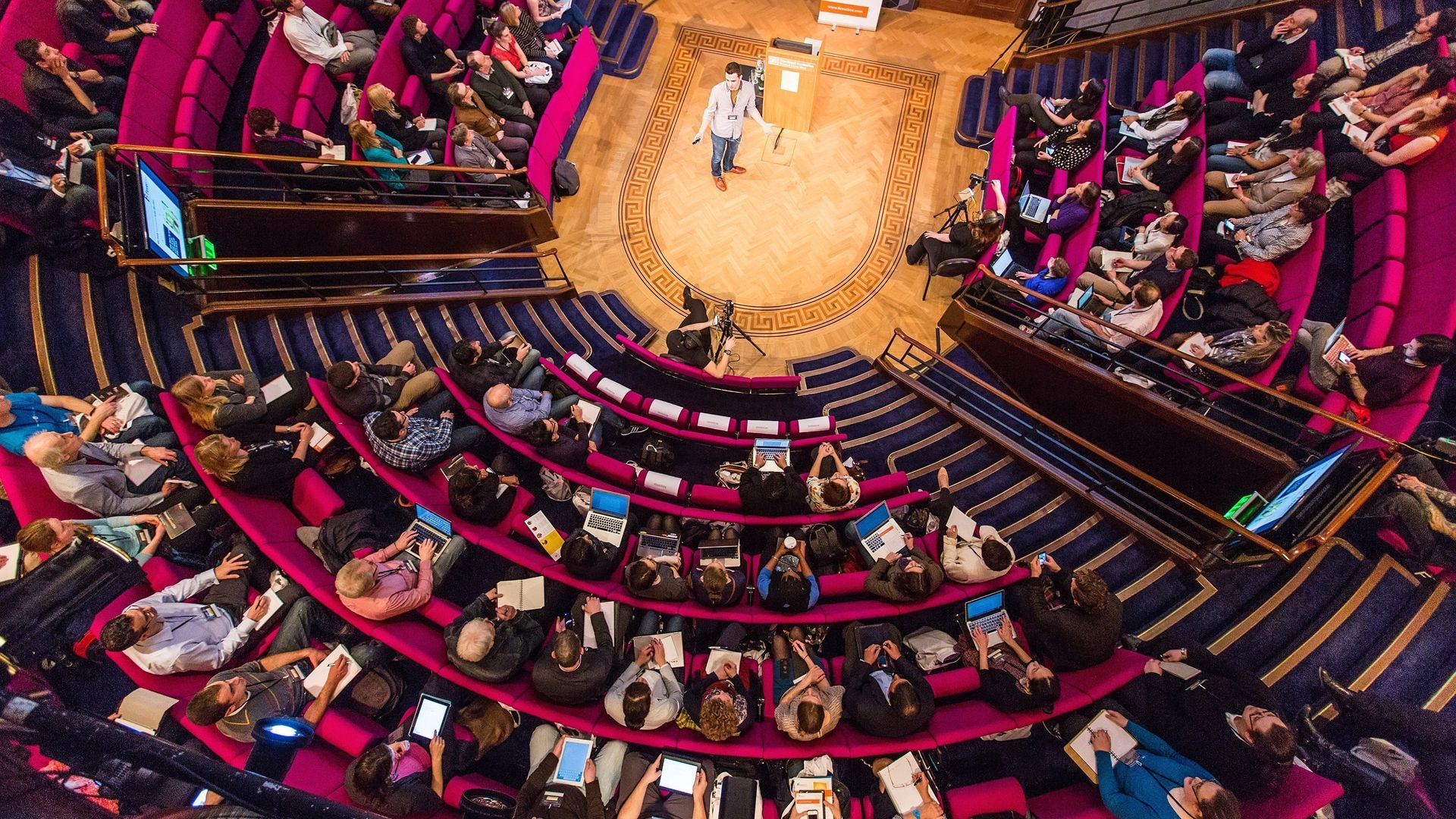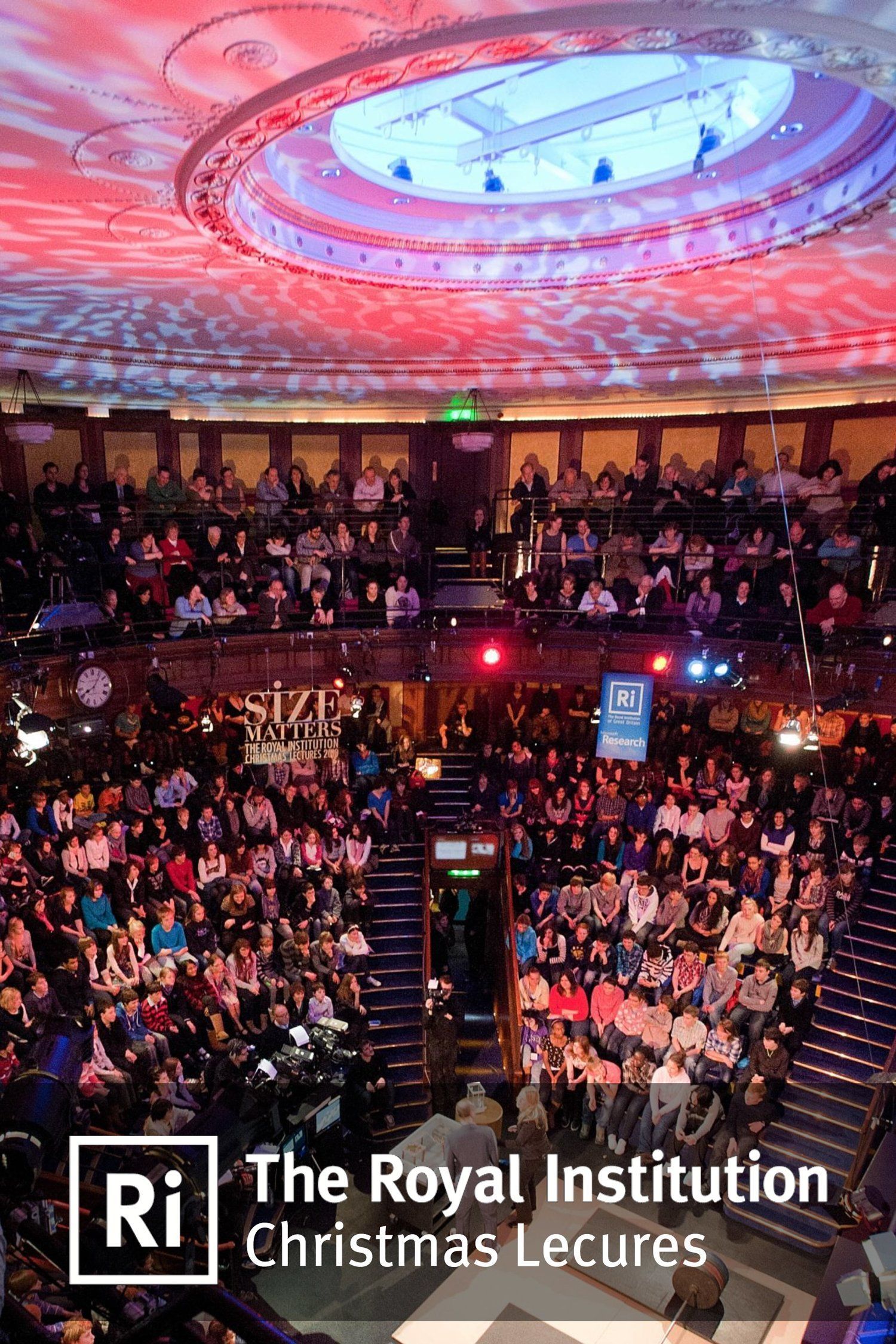

Royal Institution Christmas Lectures
John Krebs: The Truth About Food
John Krebs' 2005 CHRISTMAS LECTURES delved into a topic as relevant today as it was then: food. From the food of our evolutionary ancestors to the meals of the future, the lectures explore what food means to humans. What makes food delicious? Why have we evolved to prefer some foods to others? Are we really what we eat, and how concerned should we be about the future of food?
Where to Watch Royal Institution Christmas Lectures • John Krebs: The Truth About Food
5 Episodes
- The Ape That CooksE1
The Ape That CooksWhat did you have for your Christmas dinner? The traditional turkey? A vegetarian meal? And how did the turkey tradition start? What did people have for Christmas dinner 500 years ago? Just how is your Christmas meal turned into you? John takes us on a journey through time from our earliest ancestors, on the way exploring how scientists have come to understand the diets of our fossil ancestors from studying their teeth and bones and how differences in food habits among populations and cultures have arisen. - Yuck or Yummy?E2
Yuck or Yummy?What is your favourite food? What are the things you wouldn't touch with a barge pole? Food may be fuel, but it's also something we really enjoy - unless it's one of those foods you can't stand. What is it about some food that makes it irresistible, while other food is a real turn off? In 'Yuck or yummy' we explore the sensory world of food. - You Are What You EatE3
You Are What You EatOur bodies are made from the food we have eaten during our lifetime. To survive and grow we need to eat enough of each of the essential building blocks of the human body. How did scientists discover the right mix of nutrients and how does what we eat match up? Is it true that eating fish makes you brainier, carrots help you see in the dark and spinach will make you stronger? John takes us through the maze of diet and health. We uncover the truth behind the claims for different kinds of foods, including organic food, and ask whether we instinctively tend to choose the balance of nutrients our bodies need. In different parts of the world, people eat remarkably different diets, some entirely vegetarian, some largely meat or fish. How do these different populations manage to get the building blocks they need when they eat such different things? Lots of people try to lose weight by dieting. But does it work? And if so, what is the secret of successful dieting? - When Food Goes WrongE4
When Food Goes WrongWe uncover the hidden and not so hidden dangers that might lurk in our food and explode some of the myths that surround these risks. Are you or any of your friends allergic to one kind of food or another? Perhaps as many as one in ten children has a food allergy and allergies can sometimes kill. What happens when people react to food with an allergy? Why is food allergy apparently on the increase? Have you ever suffered a bout of food poisoning? We take a look at that two-month old piece of cheese you find at the back of the fridge. It's covered in blue mould. It may look unappetising but is it dangerous? What are the microbes in food that could harm you? How do they get there? If you get food poisoning you might throw up: why does the body react like this? Food is made up of chemicals but you often read that 'chemicals in food' are dangerous, whether they are pesticide residues or artificial colours or flavourings added to our food. What is the truth behind this? - Food for the FutureE5
Food for the FutureMost of us get enough to eat, but roughly 800 million people in the world go hungry every day. The world's population is set to increase from about six billion today to nearly ten billion by 2050. Will more people inevitably go hungry? Is the earth capable of producing enough food for the future? In the 20th century the green revolution produced a lot more food for the world's rapidly expanding population, through a mixture of better crops, more fertilisers and pesticides and more efficient machinery.